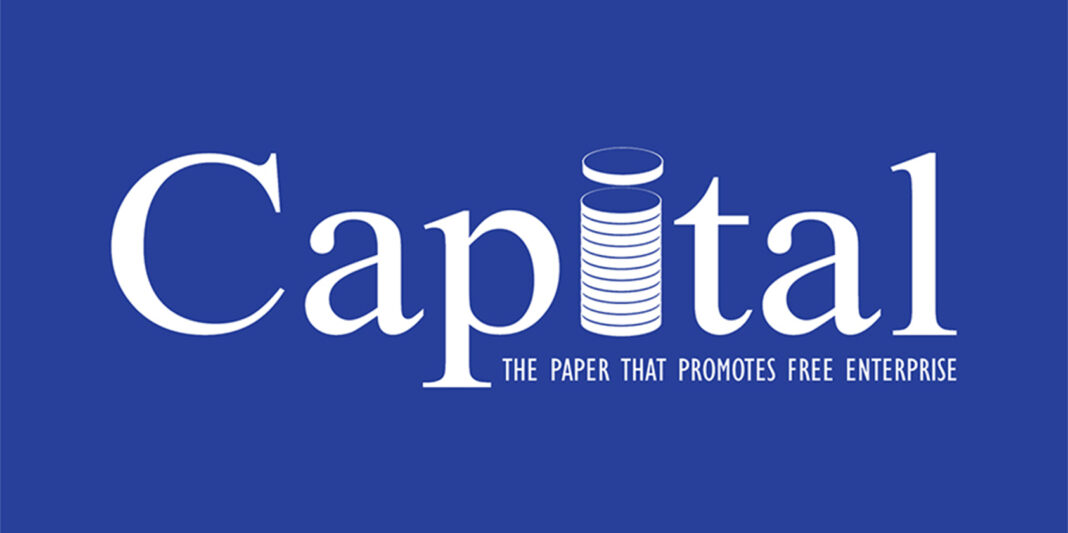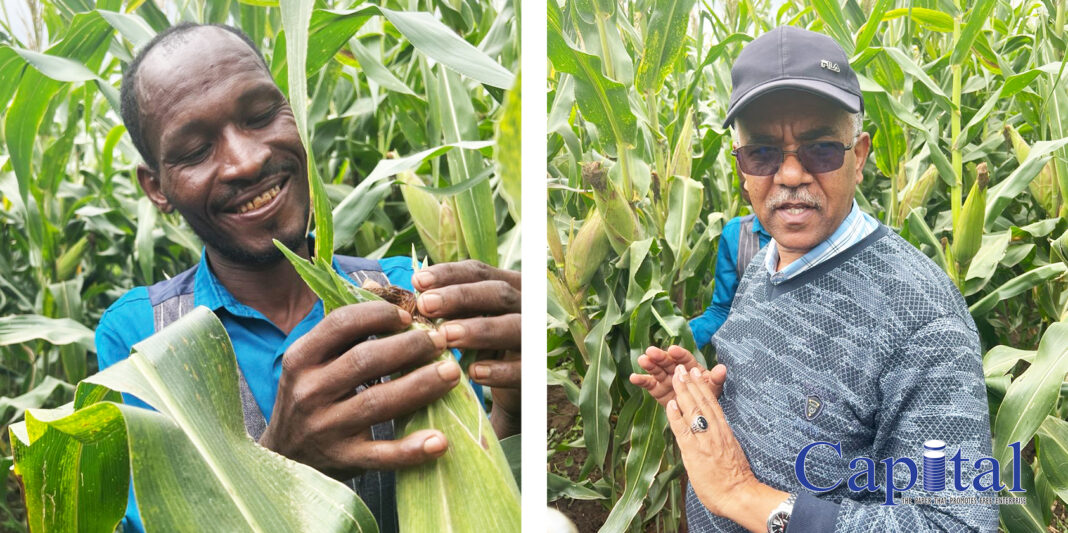Coffee is synonymous with Ethiopia, and Ethiopia is synonymous with coffee. Among the many gifts Ethiopia has offered to the world, coffee stands out as the most significant. Today, over a billion cups of coffee are consumed daily across the globe, making it a symbol of civilization produced in more than 70 countries. The livelihoods of over 120 million people depend on coffee, which generates billions of dollars in annual trade. In Ethiopia, coffee serves as a vital social capital, strengthening community bonds.
Beyond its economic and social benefits, coffee has played a crucial role in promoting democracy worldwide. Jürgen Habermas, the German sociologist, highlights the 18th century as the golden age of democracy, largely due to the emergence of coffee houses. During this time, people gathered in these establishments to discuss their lives, share common concerns, and exchange ideas freely. They engaged in reasoned debates, and consensus-driven ideas often influenced governmental decisions. Habermas argues that in these coffee houses, differences in wealth, education, and class were set aside, allowing for a more unified dialogue. However, over time, the rise of media and public relations shifted the discourse from the public sphere to the private realm. Habermas asserts that coffee and coffee houses played a significant role in fostering public decisiveness during this pivotal era.
With this context in mind, let’s turn to the main point. The 2017 fiscal year was marked by both successes and challenges for Ethiopia, particularly in the coffee sector. It can be described as a landmark year for coffee, achieving record exports in both volume and revenue. Ethiopia exported 468,967 tons of coffee, generating over 2.653 billion US dollars—144% of the planned volume and 147% of the planned revenue. Key to this success were the government’s reform and transformation efforts within the coffee industry.
The government views globalization as essential for survival, believing it is not merely an option but a necessity. Recognizing that competing and succeeding in the global market is crucial, Ethiopia has actively sought to participate in and benefit from this landscape. Macroeconomic reform has been a central part of these efforts, with coffee being a focal export product in recent years.
In various regional cities, stakeholders have collaboratively identified bottlenecks and proposed solutions. By fostering a sense of ownership among these stakeholders, initiatives have been launched to curb illegal coffee trade.
A coffee productivity and quality improvement package has been developed and disseminated, with training provided to farmers at the district level. The expansion of research institutions dedicated to coffee has also contributed to enhancing productivity and quality. Additionally, promotional efforts for Ethiopian coffee have been instrumental, with participation in exhibitions and expos in China and Dubai aimed at attracting new buyers and securing contracts. As a result, over 20 new coffee destination countries have emerged. Most notably, this year has been recognized as the year of coffee among all export products, thanks to direct links that allow farmers to export their coffee directly.
The coming years could mark a golden era for Ethiopia’s coffee industry. The area dedicated to coffee cultivation is expanding, and productivity is on the rise, with new climate-resilient varieties being introduced. Additionally, our market destinations are increasing.
In contrast, many other coffee-producing countries are facing severe impacts from climate change, which is devastating their coffee production and productivity. Experts predict that by 2050, half of the land currently used for coffee will no longer be suitable for cultivation. An analysis by the World Coffee Portal indicates that, due to global warming, 76% of Brazil’s highly suitable coffee land will become unsuitable by 2050, along with 28% of its moderately suitable land. Since Brazil supplies one-third of the world’s coffee, this poses a significant concern.
The Australian Climate Institute estimates that Vietnam, the second-largest coffee producer globally, will lose 75% of its highly suitable land and 25% of its moderately suitable land for coffee production by 2050.
According to the International Coffee Organization, a disparity between global coffee production and consumption is already emerging. In 2022, there was a supply gap of 6 million 60kg bags, with demand outpacing supply. The United Nations projects that the world population will grow from 7.6 billion to 9.7 billion by 2050, with coffee demand in Africa and Asia expected to double. A report by Conservation International Forecast (2016) warns that to meet the coffee demand in 2050, current production must triple. Population growth will exacerbate the imbalance between coffee supply and demand, especially as the suitability of most coffee-producing lands declines significantly. Consequently, coffee may become a luxury item enjoyed only by the wealthy by 2050.
This raises the question: Is this why Thomas Jefferson, a founding father and former President of the United States, referred to coffee as “the drink of the civilized world”? While you may currently enjoy a cup of coffee for 30 birr, in many U.S. states, the cost exceeds two dollars. Therefore, if Ethiopia wants to capitalize on this opportunity, it must strategically plan and begin cultivating coffee in highland areas now. Continuing the current growth trajectory will necessitate investments in technology, particularly artificial intelligence, from production to marketing. It is advisable to brand Ethiopian coffee by promoting its health benefits, especially among young people in rapidly developing countries, including those in Africa. In conclusion, the future belongs to Ethiopian coffee.
The writer can be reached via Sintayehugirma57@gmail.com






